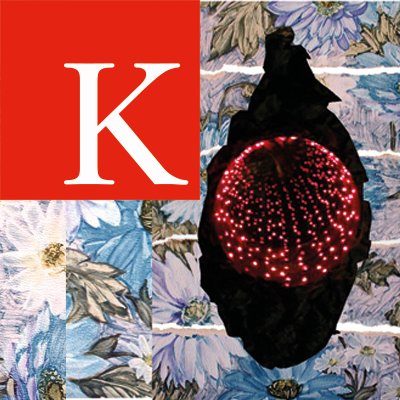Addiel Dzinoreva
In 1994 South Africa finally ended apartheid and a new country led by Nelson Mandela was born, carrying the hopes and dreams of previously disenfranchised black people. For black people in the media and creative industries, and hopeful storytellers like myself, there was great excitement about the opportunities the new dispensation provided for our voices and stories to be told, heard and shared. However, the reality was that most media companies the early 90s were not ready and had no immediate motivation to (meaningfully) cater for the more populous black audience merely because they were not as wealthy and lucrative as minority white audiences. Fast forward to 2019, thanks to more inclusive economic policies, there has been an emergence of a black middle class that is ’empowered’ technologically, politically and economically. However, its development also means some are left behind for various economic and social reasons, creating division and tension between this black middle class and the greater black working class. These tensions are manifesting in television content being produced in South Africa, particularly in the popular and highly-rated reality television shows. The reality shows include local versions of international formats such as The Bachelor, Survivor, The Real Housewives of Johannesburg and Idols. My research, however, is focused on local formats such as Date My Family and Our Perfect Wedding that drive extensive social media debates and discussions about the post-apartheid black South African narrative.
South African television companies are taking advantage of the growing black middle class by creating products and content aimed specifically at this population group. For example the recently launched pay television channel Moja Love on MultiChoice’s DStv satellite pay-tv service which television critic Thinus Ferreira described as a channel ‘with daring, boundary-pushing reality shows about topics previously discussed in “hushed tones”’. At the 2019 Content Showcase event Moja Love’s Head of Unscripted Content, Bokani Moyo, stated that “Our mission is to create content that is authentic, the lived experience of our communities. We want our viewers to see themselves in experiences-in-the-real.’
This claim of representation, authenticity and realism of the post-apartheid South African black experience through reality television needs to be interrogated through academic research. Indeed, there has been a growing outcry on social media platforms with some viewers accusing the producers of these shows of merely capitalising on negative stereotypes of black people for the sake of entertainment. For example, Moja Love’s reality show, Uyajola 9/9, which exposes infidelity, has been accused in the press and social media of using ‘black pain for ratings’. Unlike during apartheid when black people were not represented in media production, now, you have executives, commissioning editors, producers and participants who are black telling their stories. These stories are based on the premise of depicting and representing the real lives, stories and cultures of black people – designed to appeal to this emerging black middle-class market.
At the same time, South African societal transformation is being accelerated by increased access to the Internet and social media platforms, with an inherent promise to erode encrusted social barriers by affording audiences more agency and participation. My current research is about how the growth of social media and reality television in post-apartheid South Africa has created spaces in which television audiences can participate in the creation of meaning and how South African audiences interrogate or support how television content, and its ideologies, represent their classed reality. Theoretically, both platforms, reality television and social media, afford participants and viewers the opportunities for representation and participation. However, these ‘new spaces’ are not neutral; they have contested spaces where television producers, are looking for entertaining, high rating, profit-making shows and also looking to influence viewers on social media – platforms that give audiences the agency to participate in how reality is re-presented.
The theoretical concepts I’m interested in are participatory culture and media representation and use of class. Why class? In South Africa, recent political and economic policies have seen segments of previously marginalised black people become part of the middle class. Therefore, you have previously working-class people now in powerful positions as television producers and executives, creating highly-rated content based on ‘where they are from’ and ‘keeping it real’. The question is, are they ‘keeping it real’ or exploiting class ideologies and stereotypes for eyeballs? In what ways are viewers pushing back against how they are being portrayed using social media? Or are they? The South African class structure gives us insight into factors that govern the power relations between television and its audience as both adapt to new participatory media. Thus, it allows for a better understanding of this ‘new’ society and emerging social relations.
